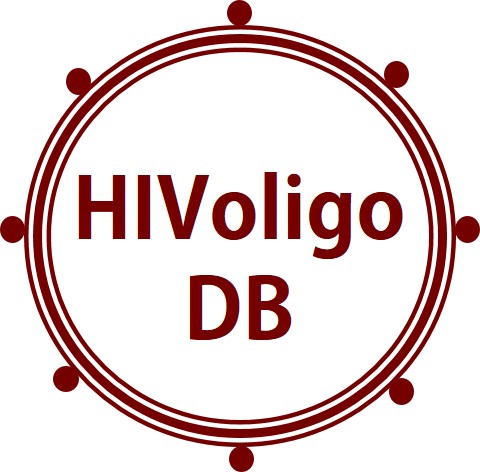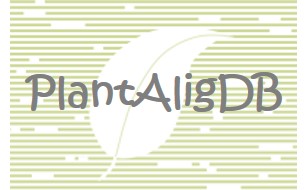Databases
A comprehensive on-line resource with curated datasets of mitochondrial DNA (mtDNA) rearrangements. MitoBreak provides a complete, quality checked and regularly updated list of breakpoints from three classes of somatic mtDNA rearrangements: circular deleted (deletions), circular partially-duplicated (duplications) and linear mtDNAs.
Related publication: Nucleic Acids Research. 2014. 42 (D1): D1261-D1268.
A free database built to facilitate the evaluation molecular methods for detection of SARS-CoV-2 and treatment of COVID-19. The database evaluates the available oligonucleotide sequences (PCR primers, RT-qPCR probes, etc.) considering the genetic diversity of the virus.
Related publication: in preparation
EbolaID provides a complete, quality checked and regularly updated list of oligonucleotides for the Ebola virus. The database describes the genetic diversity across the Ebola genome to facilitate the design of accurate diagnostic methods and therapeutic approaches.
Related publication: PLOS Neglected Tropical Diseases. 10(7): e0004757.
The HIVoligoDB is a comprehensive on-line resource with curated datasets of oligonucleotides for the human immunodeficiency virus (HIV). The database provides a curated and regularly updated list of oligonucleotides and a description of the genetic diversity across the HIV-1 and HIV-2 genomes to facilitate the design of accurate diagnostic methods and therapeutic approaches.
Related publication: Database (Oxford) (2017) 2017 (1): bax005.
Related publication: https://doi.org/10.1101/617035
A curated list of reference sequences for the most common transgenic elements used in Genetically Modified (GM) plants.
Related publication: Forensic Science International: Genetics 2017. 29:e26
SPInDel is a method for species identification in all domains of life using multiplex analysis of variable-length sequences containing multiple insertion/deletion (indel) variants.
Related publications: Nucleic Acids Res.2010;38(22):e203. Molecular Ecology Resources. 2012. 12(6):1190-5.
The SNPYGoat Software allows users of the SNPYGoat multiplex system to rapidly identify several goat Y-chromosomal haplotypes.
Related publication: Molecular Phylogenetics and Evolution. 2008. 49:663-668.








